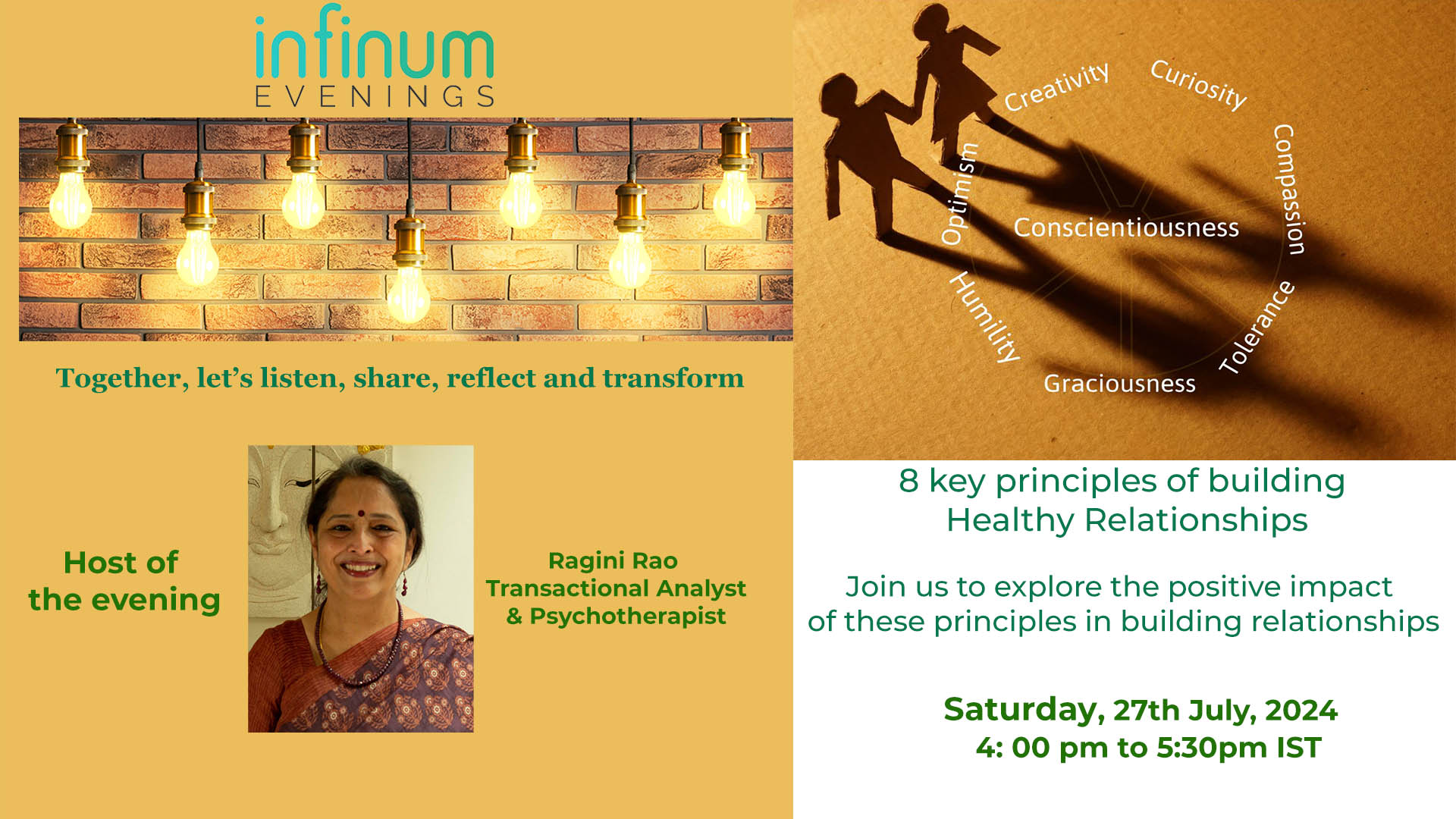Want to play a game?
OK!
Let’s find a spot where you will not be disturbed for next few minutes. By anybody or anything.
Ready?
Now I would like you to not do anything for one minute.
Nothing at all! When was the last time you did NOTHING?
No doing, no reading, no listening to music, not even thinking about the future or the past. NOTHING AT ALL.
So let’s do that NOW.
For just 60 seconds. See if you can time yourself.
STARTING…..NOW!
One minute later…
How did that go? Were you able to do it? You were probably confused about the directions.
Or, instead of following the directions, you probably kept on reading ahead. You might have even wondered if this was a stupid exercise and whether it was worth your time.
Alternatively, you might be the one who thought “hmmm, this is interesting”. I DO want to play this game about mindfulness.
You might have spent some time rearranging your surroundings, or your clothing, before you started. Or probably, you were physically restless and fidgety. Even after you settled down, you most definitely couldn’t ‘not think’.
Your mind might have gone to completely random thoughts. Am I doing this right? Or maybe you were thinking about your to-do list or the person who annoyed you yesterday.
Whatever the case, I bet you were not doing NOTHING.
Let’s move on to the next phase of this mindfulness game
I want you to become aware of 5 things that you can see around you.
Furniture, people, nature, your device – anything. What are the shapes, bright or dark, symmetrical or free flowing or any other characteristics that catch your fancy? Just notice.
Now, can you become aware of 4 things that you can perceive through your sense of touch?
Your clothing, your hair touching your nape, the air etc. 4 things that are touching you. Right now.
Are they smooth, cold, irritable etc.?
Next, can you hear 3 different sounds?
A buzz, some traffic sound, somebody speaking in the background, music? Is the sound likable or annoying? Maybe a new sound that you have never noticed before?
We now move on to have you identify 2 different smells that are around you right now.
Not what you smelled a few hours ago; but, right now. At this very minute! Maybe you can, maybe you can’t!
Lastly, can you identify 1 taste in your mouth right now?
Don’t think about it. Just try to SENSE the taste in your mouth right now.
Thank you for playing along and being a good sport!
Did you notice that in the first part of the game, your mind was probably unable to follow the directions? But in the second part, it was able to do better, even if not perfectly.
Bringing Mindfulness with awareness
In the second part, you were ‘mindful’ of your senses. You became aware of what your senses were perceiving at any moment.
Some things you probably had never been perceptive of, even though you have been in and around them all the time.
This game illustrates just one component of the answer to the question ‘What is Mindfulness?’
- In the most simple terms, mindfulness is ‘the present moment awareness’ of the world within and around us.
- The human mind has a habit of wandering. In that wandering, it loses the awareness of what is happening in the moment.
- It becomes unfocused and inefficient. It, therefore, has a tendency to jump to incorrect conclusions based on mistaken perceptions and experiences.
- This unfocused and wandering mind causes stress, creates unhealthy relationships and we experience loss of productivity.
If you can identify with this, don’t worry!
There is nothing wrong with YOU. This wandering IS the nature of human mind. It just does that to different degrees for all of us.
The good news is that we can train this ‘monkey mind’ of ours to be more aware.
Awareness helps bring focus and manage emotions
At times this awareness helps with the focus. At other times it helps with regulating our emotions and behavior; as our emotional and psychological landscape of the moment becomes clearer to us.
Let’s take an example.
Somebody, yet again, spoke unnecessarily in a meeting; and drove the meeting in the wrong direction. You could have reacted by calling this person out in the meeting, causing some bad blood;
Or you could have brought this to his attention later on, without understanding his agenda; or, just complained about this to a third party, without any solution.
In all these cases, your mind was caught up in the emotional drama and the story. It’s perfectly understandable, but not very helpful.
If you were mindful, you could have perceived the annoyance rising up within your own body during the meeting and not reacted strongly.
Or you could have read his body signals to open up the mental space within you to better understand his motivations as he was speaking.
The specifics of the situation are not the point. Being mindful of what is REALLY going on within you and around you in the situation, could have not only helped you act in the situation with a better outcome for all;
more importantly, it would have been better for your own well-being.
In other words, learning to become aware of what is going on within and around us, at any moment, helps us to respond to life in a wise manner; rather than react to the events based on our habitual patterns.
In the process, it improves our overall well-being. It really is that simple!
Now, this may be simple to understand but is not very easy to do.
Why, you might ask. Don’t we act mindfully and wisely all the time?
We default all the time against our better intentions due to a lifetime of unhealthy tendencies. Our unhelpful habitual patterns hijack our mind frequently and we land up doing what we actually know to be unproductive.
The sad part is that we don’t even know that our minds are being hijacked; OR how to prevent that from happening.
This is where practicing mindfulness comes in.
Practicing Mindfulness helps in many ways
- By practicing mindfulness, we train our mind to be increasingly aware of our body, our emotions and our thoughts.
- With consistent practice of becoming aware, we actually alter the neural connections in our brains.
- The new neural connections create nano-seconds of space in our minds, in which we consciously choose to respond, rather than habitually react to life.
- It is just like going to a gym for our mind to train our ‘mind-muscles’ to be more clear and efficient for joyful living.
Peer reviewed scientific studies have proven that consistent mindfulness practice helps significantly reduce stress, increase focus in our tasks and helps with emotional regulation.
Why won’t you then choose to practice mindfulness?
If you have any burning questions based on what you just read, please don’t hesitate to ask. Just share your questions/comments below in the Leave a Reply section.
Click here to check out the upcoming program (7th March to 25th April, 2024) on building mindful attitudes – Prime your Mind with Mindful Attitudes.
Please do leave your comments at the bottom and do share with others if you like this article.
















